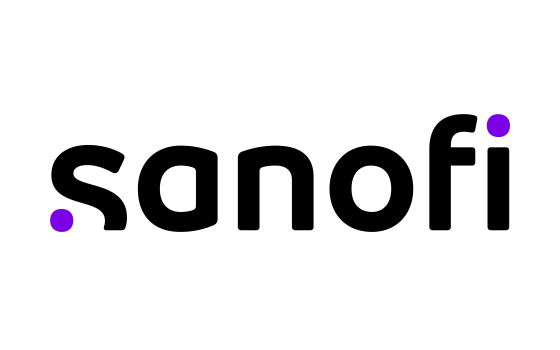 The U.S. Food and Drug Administration (FDA) has accepted for Priority Review the supplemental Biologics License Application (sBLA) for Dupixent® (dupilumab) in adolescent patients 12 to 17 years of age with moderate-to-severe atopic dermatitis, whose disease was inadequately controlled with topical therapies or for whom topical treatment was medically inadvisable. Currently, there are no FDA-approved systemic biologic medicines to treat adolescents with moderate-to-severe atopic dermatitis. The target action date for the FDA decision is March 11, 2019.
The U.S. Food and Drug Administration (FDA) has accepted for Priority Review the supplemental Biologics License Application (sBLA) for Dupixent® (dupilumab) in adolescent patients 12 to 17 years of age with moderate-to-severe atopic dermatitis, whose disease was inadequately controlled with topical therapies or for whom topical treatment was medically inadvisable. Currently, there are no FDA-approved systemic biologic medicines to treat adolescents with moderate-to-severe atopic dermatitis. The target action date for the FDA decision is March 11, 2019.
The sBLA is supported by data from a pivotal Phase 3 trial evaluating the efficacy and safety of Dupixent monotherapy in adolescent patients with moderate-to-severe atopic dermatitis, which were presented at the European Academy of Dermatology and Venereology in September 2018.
Dupixent works by inhibiting interleukin-4 and interleukin-13 (IL-4 and IL-13) signaling, which is one of the important contributors to Type 2 inflammation, a systemic response known to play a role in moderate-to-severe atopic dermatitis.
Dupixent is currently approved in the U.S. as a treatment for adults with moderate-to-severe atopic dermatitis whose disease is not adequately controlled with topical prescription therapies or when those therapies are not advisable; and as add-on maintenance treatment for patients 12 years and older with moderate-to-severe asthma with an eosinophilic phenotype or with oral corticosteroid-dependent asthma. In 2016, the FDA granted Breakthrough Therapy designation for Dupixent for the treatment of moderate-to-severe (adolescents 12 to 17 years of age) and severe (children 6 months to 11 years of age) atopic dermatitis not well controlled on topical prescription medications.
Dupixent is also approved for use in certain adult patients with moderate-to-severe atopic dermatitis in countries of the European Union, and other countries including Canada and Japan. In the U.S., more than 60,000 adult patients with atopic dermatitis have been prescribed Dupixent to date.
The safety and efficacy of Dupixent in adolescents with atopic dermatitis have not been fully evaluated by any regulatory authority.
Dupilumab ongoing development program
Sanofi and Regeneron are also studying dupilumab in a broad range of clinical development programs for diseases driven by allergic and other Type 2 inflammation, including pediatric (6 months to 11 years of age) atopic dermatitis (Phase 3), pediatric asthma (Phase 3), chronic rhinosinusitis with nasal polyps (Phase 3), eosinophilic esophagitis (Phase 3), grass allergy (Phase 2) and peanut allergy (Phase 2). A future trial is planned for chronic obstructive pulmonary disease. Dupixent is also being studied in combination with REGN-3500, which targets IL-33. These potential uses are investigational and the safety and efficacy have not been evaluated by any regulatory authority. Dupilumab is being jointly developed by Sanofi and Regeneron under a global collaboration agreement.
About Regeneron
Regeneron (NASDAQ: REGN) is a leading biotechnology company that invents life-transforming medicines for people with serious diseases. Founded and led for 30 years by physician-scientists, our unique ability to repeatedly and consistently translate science into medicine has led to seven FDA-approved treatments and numerous product candidates in development, all of which were homegrown in our laboratories. Our medicines and pipeline are designed to help patients with eye disease, allergic and inflammatory diseases, cancer, cardiovascular and metabolic diseases, neuromuscular diseases, infectious diseases and rare diseases.Regeneron is accelerating and improving the traditional drug development process through our proprietary VelociSuite® technologies, such as VelocImmune® which produces optimized fully-human antibodies, and ambitious research initiatives such as the Regeneron Genetics Center, which is conducting one of the largest genetics sequencing efforts in the world.
About Sanofi
Sanofi is dedicated to supporting people through their health challenges. We are a global biopharmaceutical company focused on human health. We prevent illness with vaccines, provide innovative treatments to fight pain and ease suffering. We stand by the few who suffer from rare diseases and the millions with long-term chronic conditions.With more than 100,000 people in 100 countries, Sanofi is transforming scientific innovation into healthcare solutions around the globe.
Sanofi, Empowering Life